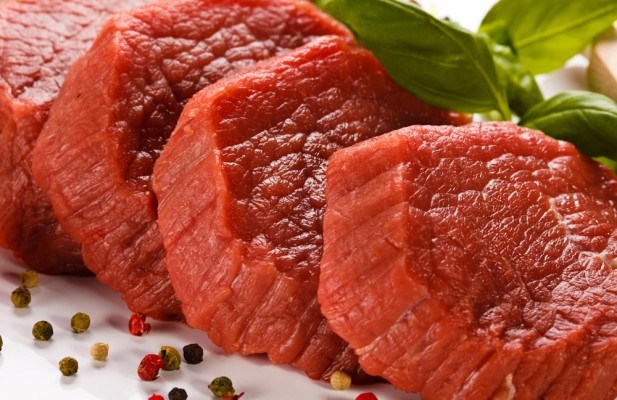|
By Ian MacArthur
Anyone who has enjoyed the temporary stimulation provided by today’s popular energy drinks has experienced the metabolic effects of L-carnitine. For a brief amount of time after consumption, the nonessential amino acid may enhance the body’s breakdown of fat and help to eliminate dangerous free radicals. The compound has also been noted for its cardiovascular benefits by allegedly helping to deter high blood pressure and atherosclerosis. An assessment of the scientific literature concerning L-carnitine done by Vanderbilt University concluded that there is no apparent risk associated with elevated consumption of the amino acid. However, new research into the metabolism of L-carnitine by microbes in the human intestine has shown that elevated L-carnitine levels can directly contribute to the decline of heart health. The study sheds light on how consumption of red meat, in which L-carnitine is abundant, contributes to heart disease. In a paper published in Nature Medicine this past week, researchers at the Cleveland Clinic found that some bacteria in the human intestine metabolize dietary L-carnitine to produce trimethylamine-N-oxide (TMAO), a metabolite implicated by a 2011 study as a contributor to heart disease. The study involved examining the L-carnitine levels in the blood plasma of over 2,500 patients, measuring L-carnitine and TMAO levels in omnivores, vegetarians, and vegans, and analyzing the effect of the amino acid on mice deficient in intestinal microbes. The results of the study indicated that consumption of L-carnitine is associated with higher levels of carnitine-consuming bacteria. That is, an omnivore who consumes red meat will increase the amount of bacteria in his stomach that consume L-carnitine and, in turn, the bacteria will help elevate his TMAO levels. Perpetuation of this positive feedback loop will allow TMAO levels to soar and place the carnitine consumer at risk of heart attack and stroke. TMAO levels in vegans and vegetarians did not increase after ingesting L-carnitine; an observation likely related to the finding that carnitine-consuming bacteria were found in smaller numbers in the intestines of these patients. The leader of the research group, Stanley Hazen, explained the crucial link between diet and the composition of intestinal microbe populations. “The bacteria living in our digestive tracts are dictated by our long-term dietary patterns,” Hazen explained. “A diet high in carnitine actually shifts our gut microbe composition to those that like carnitine, making meat eaters even more susceptible to forming TMAO…Vegans and vegetarians have a significantly reduced capacity to synthesize TMAO from carnitine, which may explain the cardiovascular health benefits of these diets.” These recent findings have important implications for the future of dietary supplements. Although L-carnitine supplements are currently marketed as a harmless addition to one’s diet, the new research will hopefully help people reconsider the benefit of consuming the amino acid. While research on the effects of dietary supplements on the human body is still in its early stages, it is important that supplement users exercise discretion when taking untested compounds. As in the case of L-carnitine, just because a molecule is natural does not mean it is safe.
0 Comments
Leave a Reply. |
Categories
All
Archives
April 2024
|

